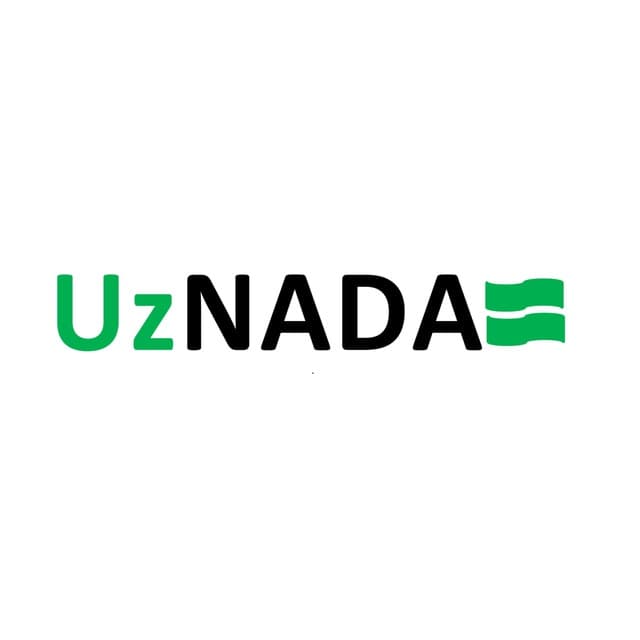Doping control
Doping control
"Doping Control Officers' Work: Upholding Fairness and Cleanliness in Sports"
Sport has always been associated with competition and achieving the best results. However, over time, the pressure on athletes to achieve outstanding performance has become so great that some of them have resorted to illegal methods of enhancing their performance, including doping. To combat this phenomenon in sports, the profession of doping control officer was established.
Doping control officers are specialists appointed by sports organizations and anti-doping agencies to ensure fairness and integrity in sports. Their main task is to prevent and detect the use of doping by athletes. The work of doping control officers includes several important functions:
- Doping testing. Doping control officers conduct doping tests on athletes at various times: before, during, and after competitions. This may involve analyzing athletes' urine and blood for the presence of prohibited substances.
- Education and information. One of the important tasks of doping control officers is to educate athletes and coaches about the harm and unacceptability of doping. They provide information about prohibited substances and methods, as well as the consequences of violating anti-doping rules.
- Monitoring and analysis. Doping control officers monitor changes in doping methods and constantly analyze new types of prohibited substances. They also monitor athletes who may be at risk of doping.
- Collaboration with international organizations. Doping control officers collaborate with global anti-doping agencies, such as the World Anti-Doping Agency (WADA), to ensure a coordinated and unified approach to combating doping in world sports.
- Investigations. In case of suspicions of doping use, doping control officers may conduct investigations, gather evidence, and present it for review by sports tribunals.
The work of doping control officers requires high professional ethics and integrity. They must strictly adhere to rules and procedures to ensure fairness and protect the rights of clean athletes. This profession plays a crucial role in maintaining the cleanliness and fairness of sports and helps safeguard the health of athletes.
In conclusion, doping control officers play a vital role in the fight against doping in sports, ensuring fairness and cleanliness in competitions. Their work contributes to preserving the spirit of fairness and integrity in global sports, and their efforts help athletes achieve their goals on lawful and honest grounds.
Calendar
| Su | Mo | Tu | We | Th | Fr | Sa |











